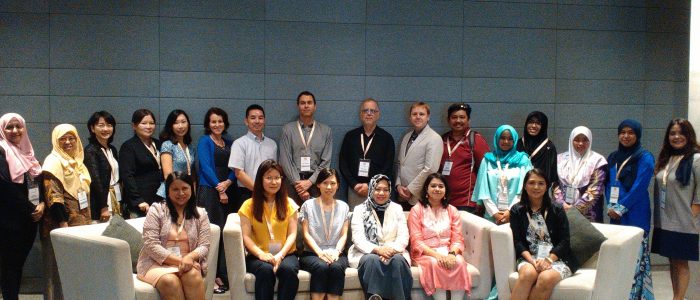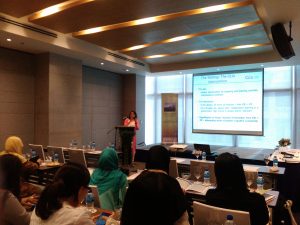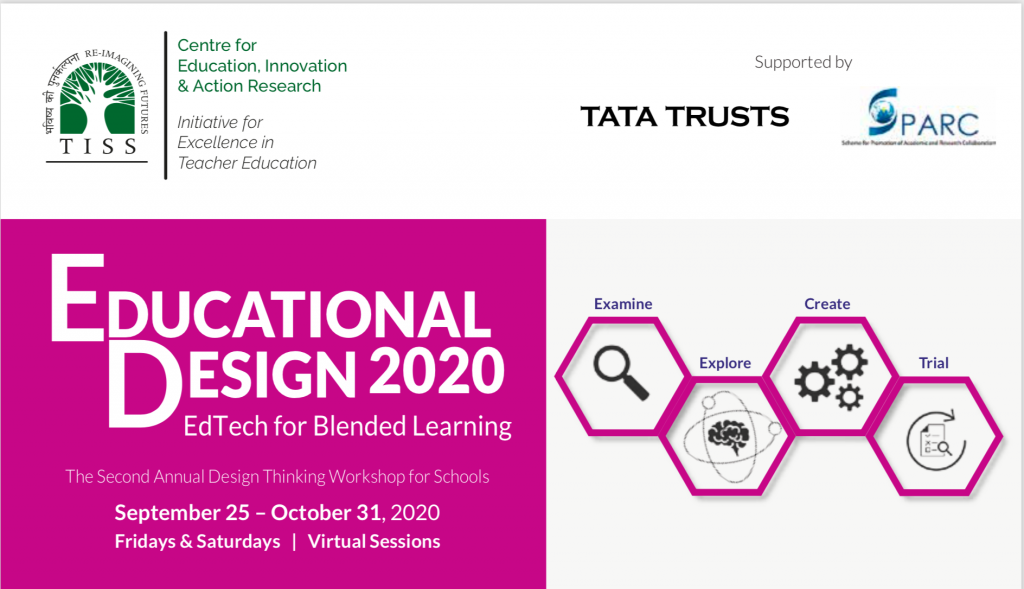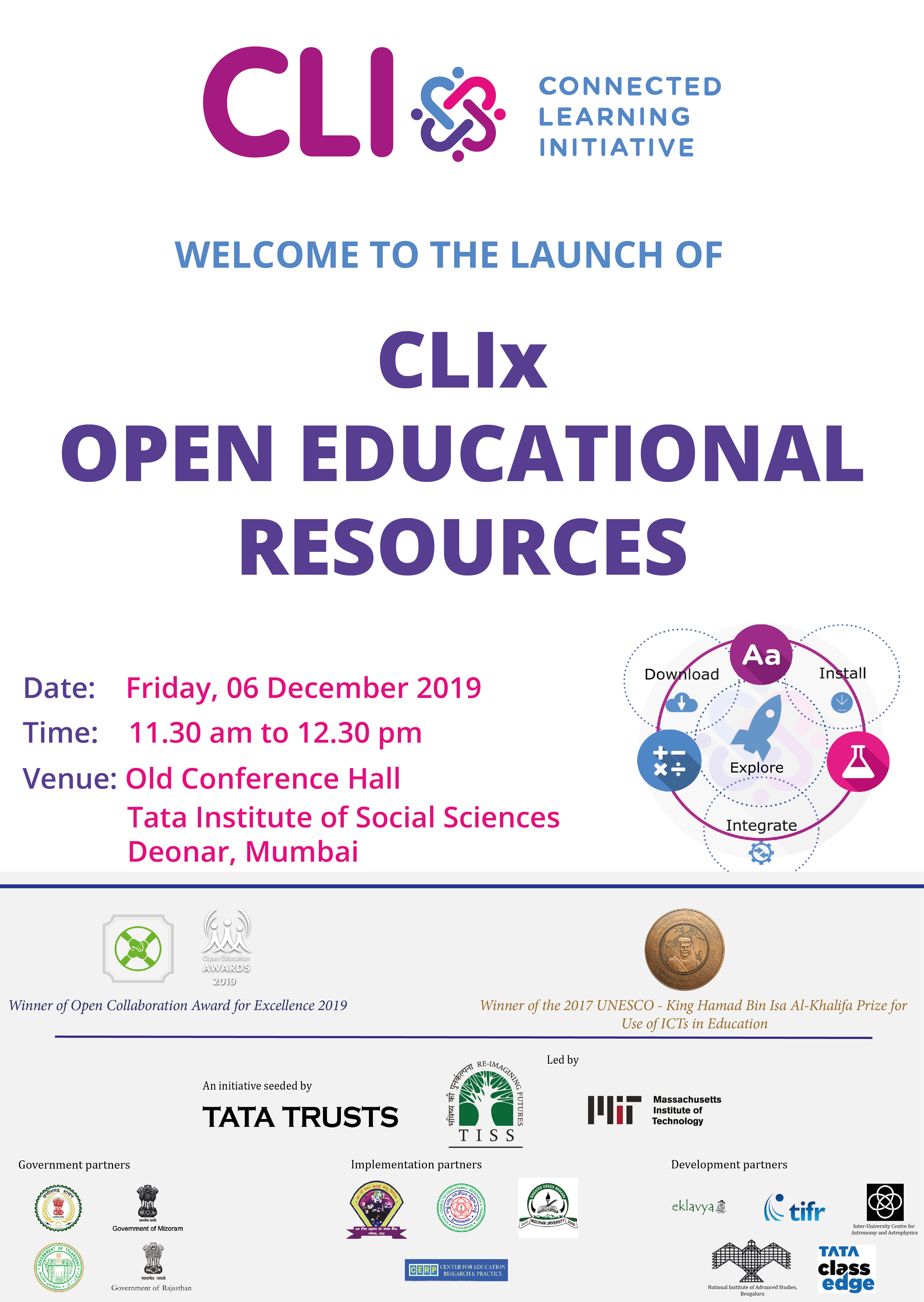On Language Teaching and Learning: Sharing the CLIx English Experience in Vietnam
The CLIx English team got an opportunity to talk about their field experience of developing and implementing the CLIx English module at the 7th International Conference on Language, Education and Innovation (ICLEI). This conference was organised by ICSAI (icsai.org), an international body based in Kuala Lumpur that conducts conferences in humanities, social sciences and the arts, on 20th and 21st May 2017 in Ho Chi Minh City, Vietnam.
The conference started on 20th May 2017, Saturday, at 9:00 a.m. and was attended by delegates from Indonesia, Japan, Brunei, Malaysia, Korea, Singapore and the United States who presented papers and discussed their work in a variety of domains ranging from teaching students English, to the role of teachers, methods for the professional development of teachers and pedagogical strategies that can promote effective learning within the classroom.
The English team’s paper, titled “Task Complexity, Peer Interaction and Learner Autonomy: A Case Study”, was the featured paper at the conference and was allotted 30 minutes as a standalone presentation.
The paper was well-received and several questions were asked regarding the context of the project as well as the extent of teacher involvement in the modules. It was also asked whether the modules mapped onto the curriculum. I responded by explaining the rationale, pedagogical and ideological gaps that the CLIx program addresses at the level of module development. I also explained the need for a communicative English course that will benefit students in a subtle, intangible manner by helping them cope with their syllabus. All this was, of course, conditioned by the specific context of education in Indian government schools and the unique nature of the project.
Majority of the other papers dealt with adult learners (graduates, undergraduates and teachers) while a couple of papers looked at primary education. The predominant concern emerging from the various presentations was the need to investigate practices that can enable effective teaching-learning conditions in the classroom. This was examined variously from the perspectives of creating environments that can motivate learners as well as equipping teachers with the necessary skills and pedagogical knowledge to address the unique needs of different batches of students. Also discussed were the links between language and culture, and the relative merits of face to face workshops and MOOCs in the professional development of teachers.
Select papers presented at the conference, of which ours was one, were published in an ISBN numbered proceedings. The papers will also feature on the icsai.org website for free view and download, in open access mode.
(Nishevita Jayendran, Curriculum Consultant, English team, CLIx)





